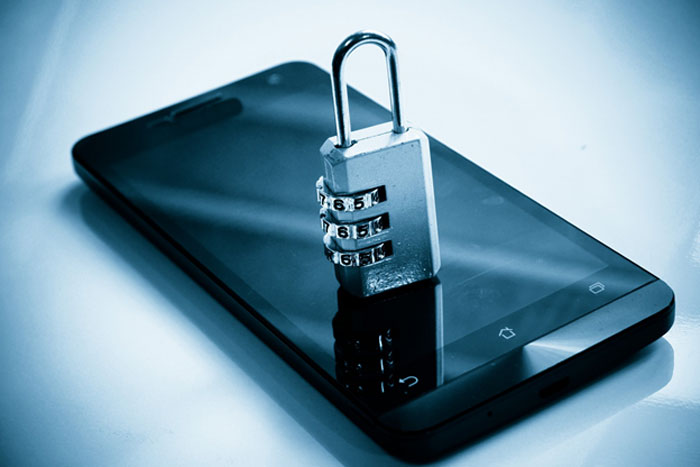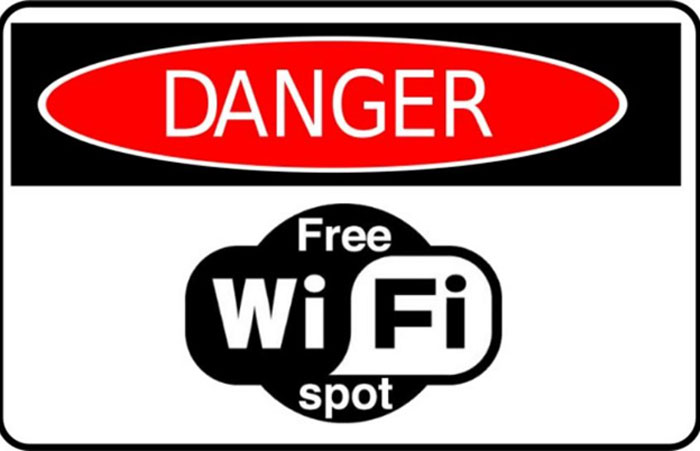The average smartphone user cares alarming little for their online and offline security. This is a big problem because cybercrime is on the rise, and phones have become our primary data storage device. However, before you learn the importance of having good phone protection, you must first understand the risks.

Common Wireless Risks

There are four key vulnerabilities when using a mobile phone:
Information theft and loss of device
It’s easy to lose your phone if you don’t pay attention. Aside from losing money, you’re also facing the risk of information theft.
Abusers can use your photos, address lists, online accounts, and other details to harm you or to perform scams in your name. They can gain access to sensitive material, steal your money, and do far worse things.
Scams
Are the most significant mobile threats today. Online scams may involve any communication channel, from downloadable apps to emails, text messages or phone calls. All of these can be used for fraud or phishing, and they can also include malicious links.
Oversharing
All users use their mobile devices to share various types of information. We all probably know the key guidelines for protecting our safety and privacy when sharing content on our computers. The same applies to your Android device, only with two key additions: pay attention to location information and data sync.
Wireless networks
Unsecured public networks are like a natural habitat for hackers. Almost all hacking and malware attacks happen to mobile users on unsecured public networks. The best examples are public WiFi networks, simply because no serious authentication is required to get online.
That’s how hackers can get between the network and your device to comb through your browsing sessions for any piece of useful information.
How to Protect Your Data in a Few Easy Steps

1. Have a Solid Password
Your first line of defense is having a good password. If someone steals your phone, your password protects your data from any third party.
2. Register Your IMEI
The IMEI number registration is your best option for recovering a stolen phone. Your internet service provider can use this number to block the stolen phone, which renders it useless to any criminal.
3. Get Antivirus Protection
This is important for Android users because virus attacks are quite frequent on the Android platform. Android devices seem to be more susceptible to viruses than others. You can also use mobile security software to remotely wipe all data if necessary, back up your data, or locate your phone if it’s missing or stolen.
Such software also protects your phone and data from hacking, malware attacks, and other forms of cybercrime. On top of all that, make sure that your Android is always up to date as updates provide essential security fixes.
4. Secure Your Phone with a PIN
Adding an extra layer of protection to upgrade your phone security is always a good idea. A secure PIN will minimize the risk and help avoid any unwanted intrusions while keeping your phone protected at all times.
5. Use Network Protection
Most smartphone users never think about the dangers of using free Wi-Fi hotspots, and they use these hotspots whenever they have the chance.
Well, these hotspots aren’t safe at all and are just ideal for a hacker to access your personal data, as long as they have the right tools and knowledge. We live in a modern and technology-driven world, so information is the real currency today.
If you want to surf securely and keep your online activity and your identity safe, you need good network protection. Since you can never be sure that a public network in your local cafe is one hundred percent secure, it’s recommended that you use a virtual private network for Android. It will provide safe access to your data while keeping your IP address hidden and your online traffic encrypted.
You’ll be able to use any public wireless network without any fear of getting your personal or financial accounts endangered.
It’s best not to keep sensitive and important personal or business data on your phone but if you have to, back up your information as soon as possible. Keep these tips in mind, and you’ll keep the information on your phone safe from cybercriminals.

